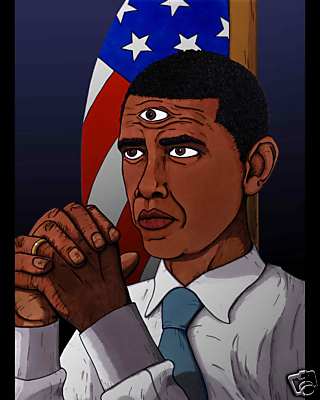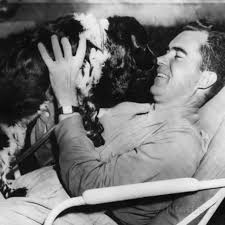From the Jerry for Ohio Campaign Site:
Hi All, it’s good to know you are out there thinking and writing. I’m Mike Ford and I’ve been a manager and advisor to Jerry since he started in elective politics in 1970. For the last 6 months or so I was a senior advisor to Howard Dean.
Bout three months ago Ralph Nader and his entourage walked into our Vermont headquarters off the street to “dialogue”.
He was quite impressive intellectually and the firmness of his vision was also impressive. At the time of the visit, Howard was still the front runner and the Nader entourage made a blatant pitch for a Nader Vice Presidential nomination.
The point of all this is to say that the only thing that impressed me more than Nader’s brain was his outsized ego. Got to say, that’s what seems to be the driver here and it’s more about his personal agenda and, I think, about that huge ego rather than beating Bush. Who died and made you King Ralph? To each her own, EH? What do you think?
Fascinating.
Flash back to comments made in November, found here:
While he recognizes that many Dean supporters may well have been Naderites in 2000, he calls Dean a “middle of the road” Democrat too friendly to corporate demands, and dismisses progressive enthusiasm for Dean’s candidacy with this metaphor: “Everybody is starved. If you have a garden and if it rains, you’re not excited, but if you’re in the desert and it rains, you’re delirious. But you know what rain in the desert produces? A mirage.” Repeating an old refrain, he says it doesn’t even matter if Dean is for real: “He can’t deliver–he can be George McGovern on steroids, but when he gets into the corporate prison called the White House, he can’t deliver.”
If I’m not mistaken, he refers to Dean, quite correctly incidentally, in his 2001 book Crashing the Party as “bland centrist to right Democrat.”
Sometime after those Nation comments, Nader was much more congenial toward Dean, perhaps gauging the reaction from his exploratory campaign website where he featured the question “Would want Nader to run if which candidate(s) win the nomination.”
For his part, Dean made the comment in December or January that “not all of my voters may not necessarily end up voting for the Democratic candidate.” (Later, he clarified that he himself, of course, would definitely support the nominee… Though murfed members of the chattering class carried on with inanities about the meaning of a Dean-third party run.) Whether the above exchange factored into Dean’s rather hard-nosed comments (I guage as a response to rival’s attacks of “unelectibility”) is unknowable.




